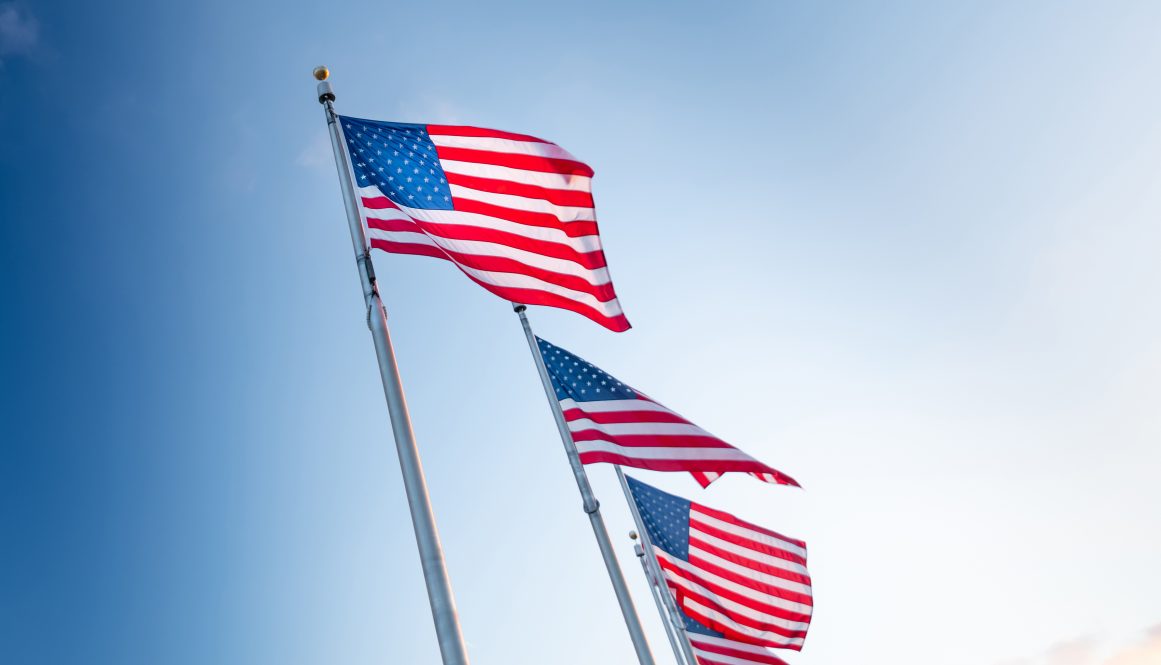As part of the National Defense Authorization Act for 2022, Congress called for a commission to study the war in Afghanistan, which lasted from Oct. 7, 2001, to Aug. 30, 2021. Three UConn political science alums are leading the nonpartisan effort. Commissioner Dan Fata ’94 (CLAS) is a national security expert who has focused on foreign policy issues for the past 30 years in think tanks and on Capitol Hill. Commissioner Jeffrey Dressler ’08 (CLAS) is a national security practitioner who previously worked on Afghanistan issues. Executive Director Jaime Cheshire ’99 (CLAS) is coordinating the study. She has 25 years of public service focused on national security, including 17 years on Capitol Hill and as an advisor to CIA leadership on legislative matters.
“This is unique,” says Cheshire. “This is the only time Congress has chartered a holistic war commission right after the conclusion of a war. We’ll be looking at all 20 years. That includes DOD, the diplomatic piece of it, the intelligence piece, and interagency deliberations and leadership decisions, covering four administrations and 11 Congresses. It’s intended to be the breadth and scope of the war. None of us have seen anything like it in our experience.”
“A lot of our modeling has been based on the 9/11 Commission,” Fata says. “Though 9/11 caught us by surprise. With the Afghanistan War, there’s far more data available. This was something that was big and important and tragic. People want answers.”
Deconstructing a “forever war” presents a monumental challenge. Each of the 16 members of the commission, all with different areas of expertise and experience in Afghanistan and the Middle East, will have their own take on what to examine — including Fata, Cheshire, and Dressler.
“The Taliban had freedom of movement across the Pakistan border,” notes Dressler, “so we were trying to fight an insurgency that could go to areas where we couldn’t, and rest and refit and recruit, and then come back across the border. That was a continuous challenge. We tried to stand up an army and police force that was unified and responsive to the center. Afghanistan has a complicated history of governance from the center. You can debate about whether that was the right approach.”



